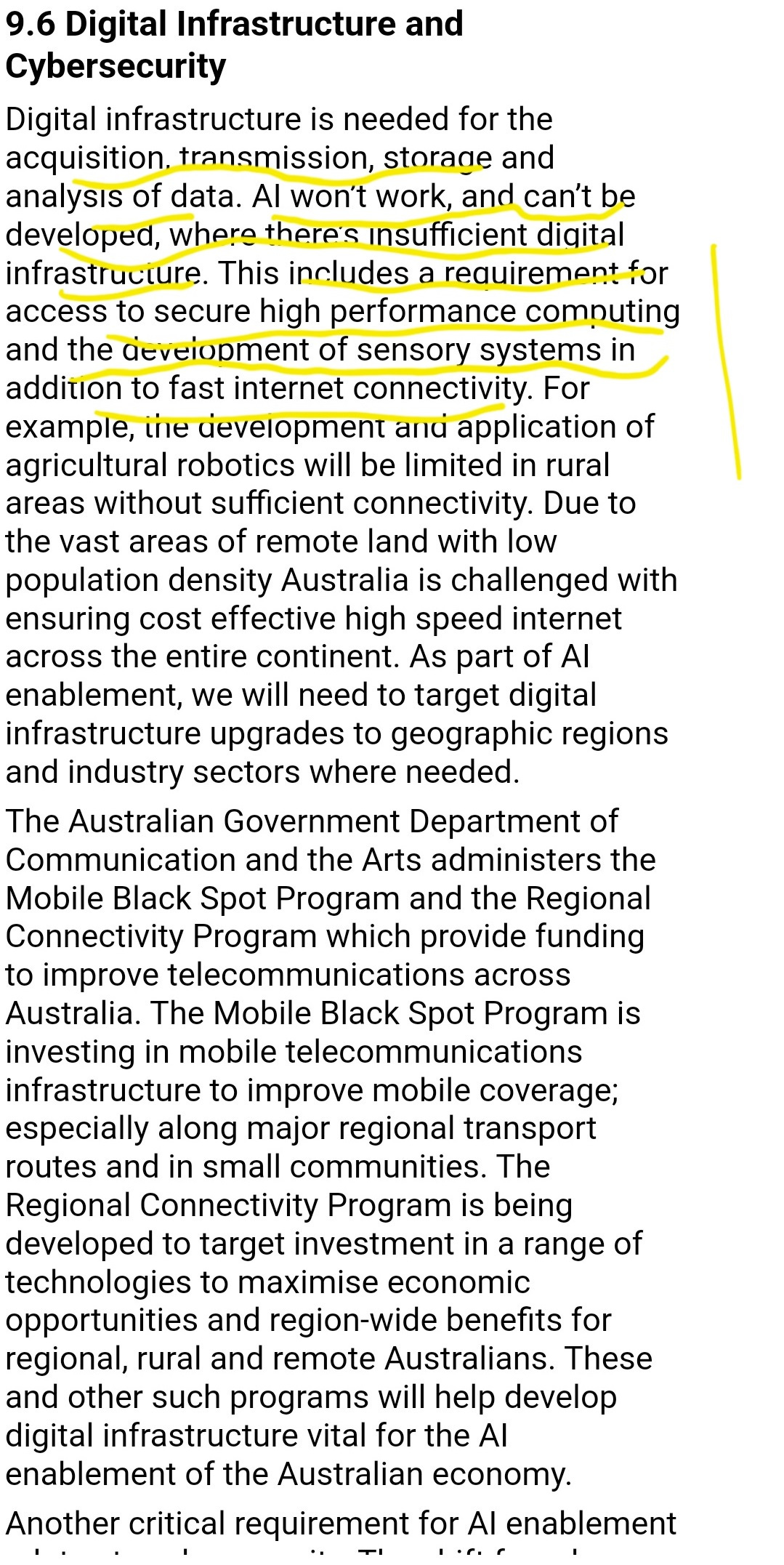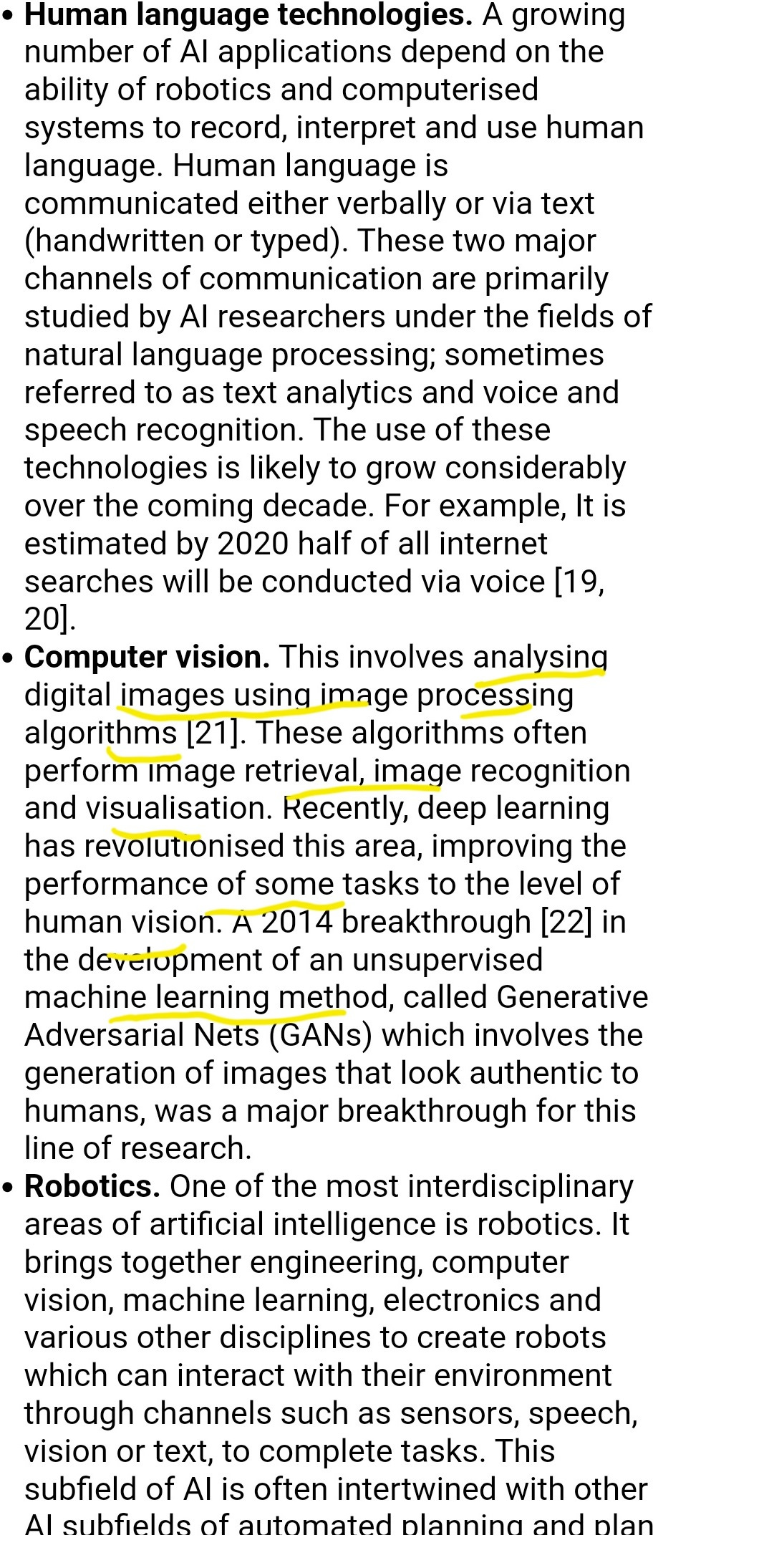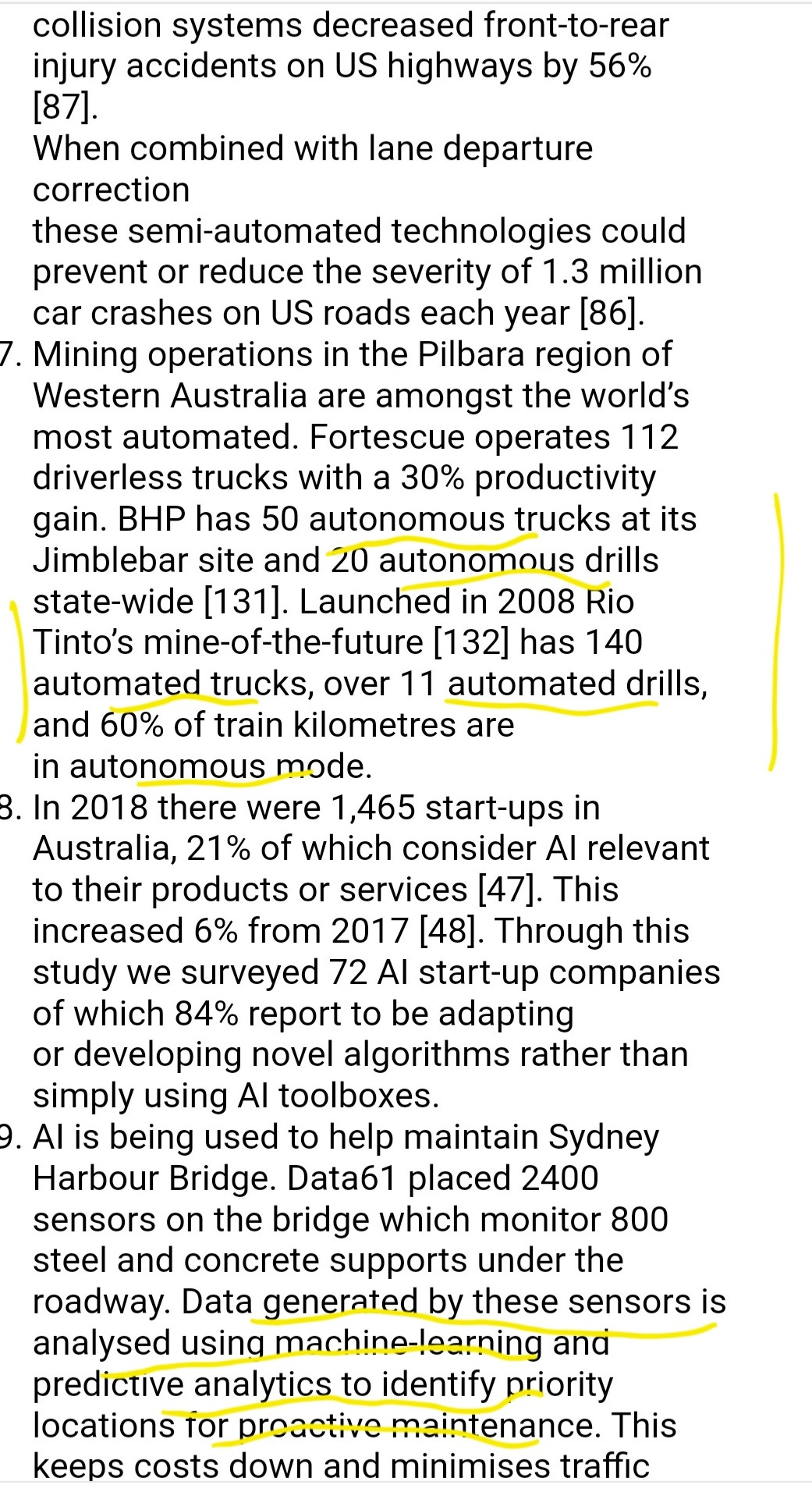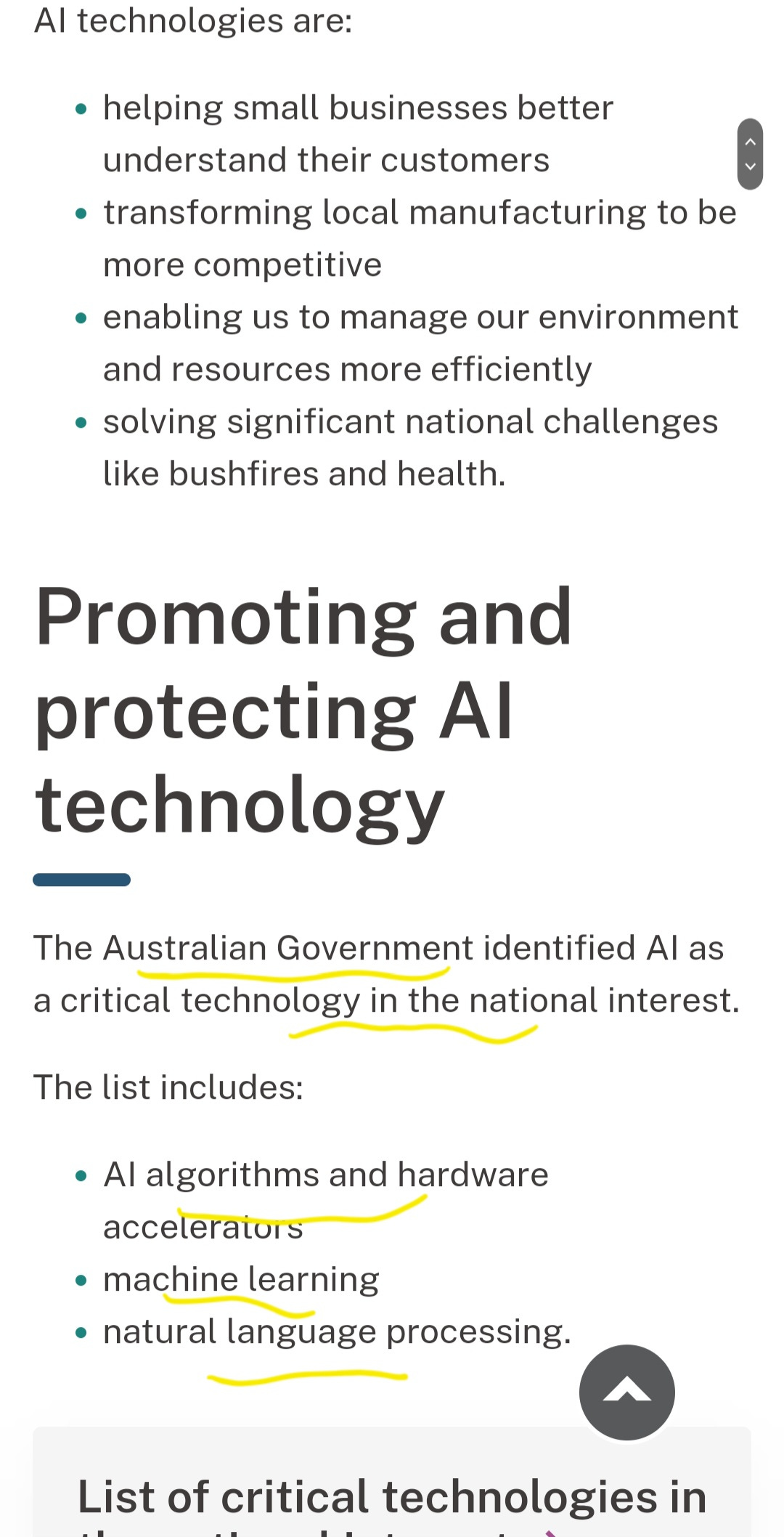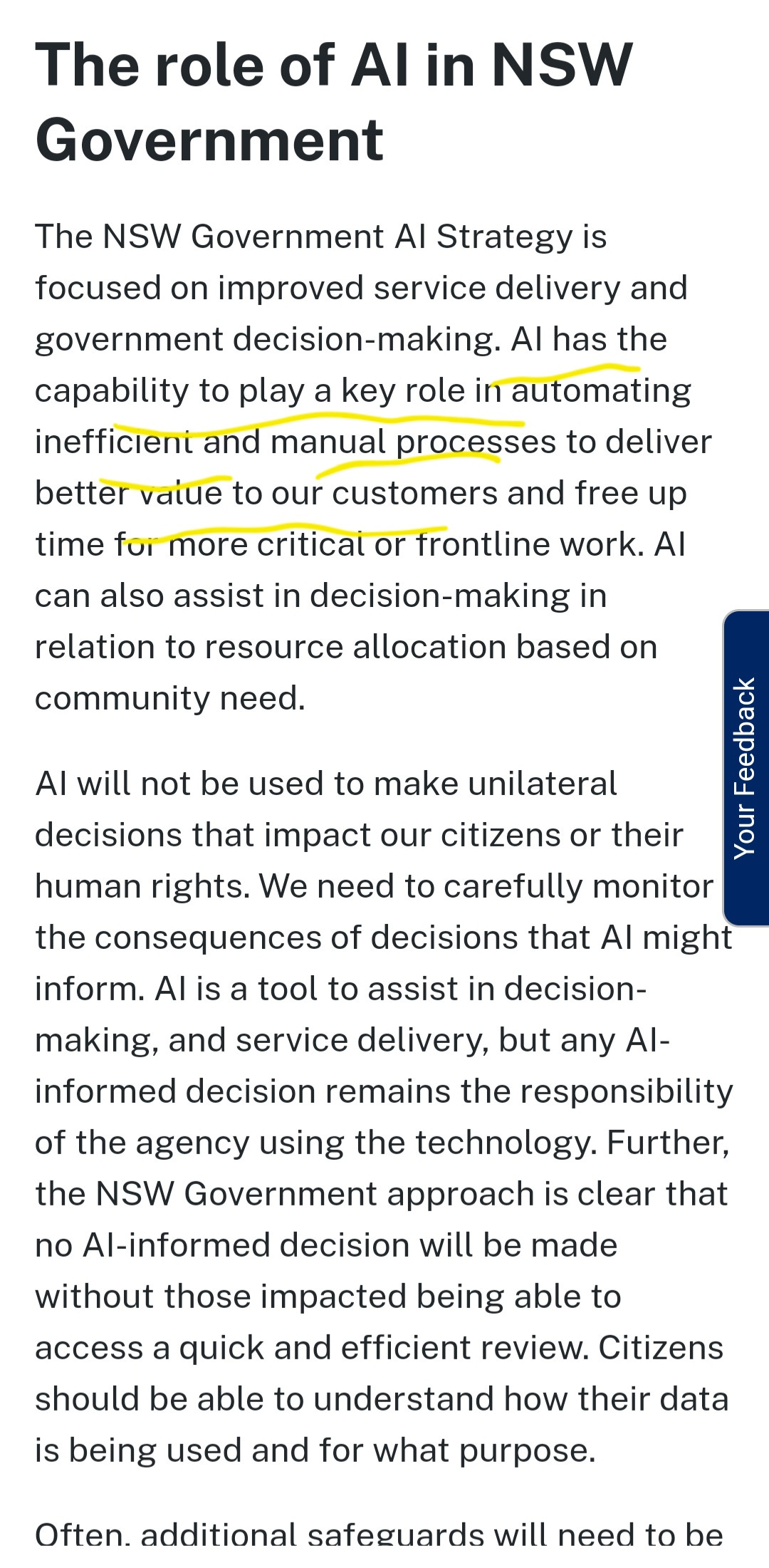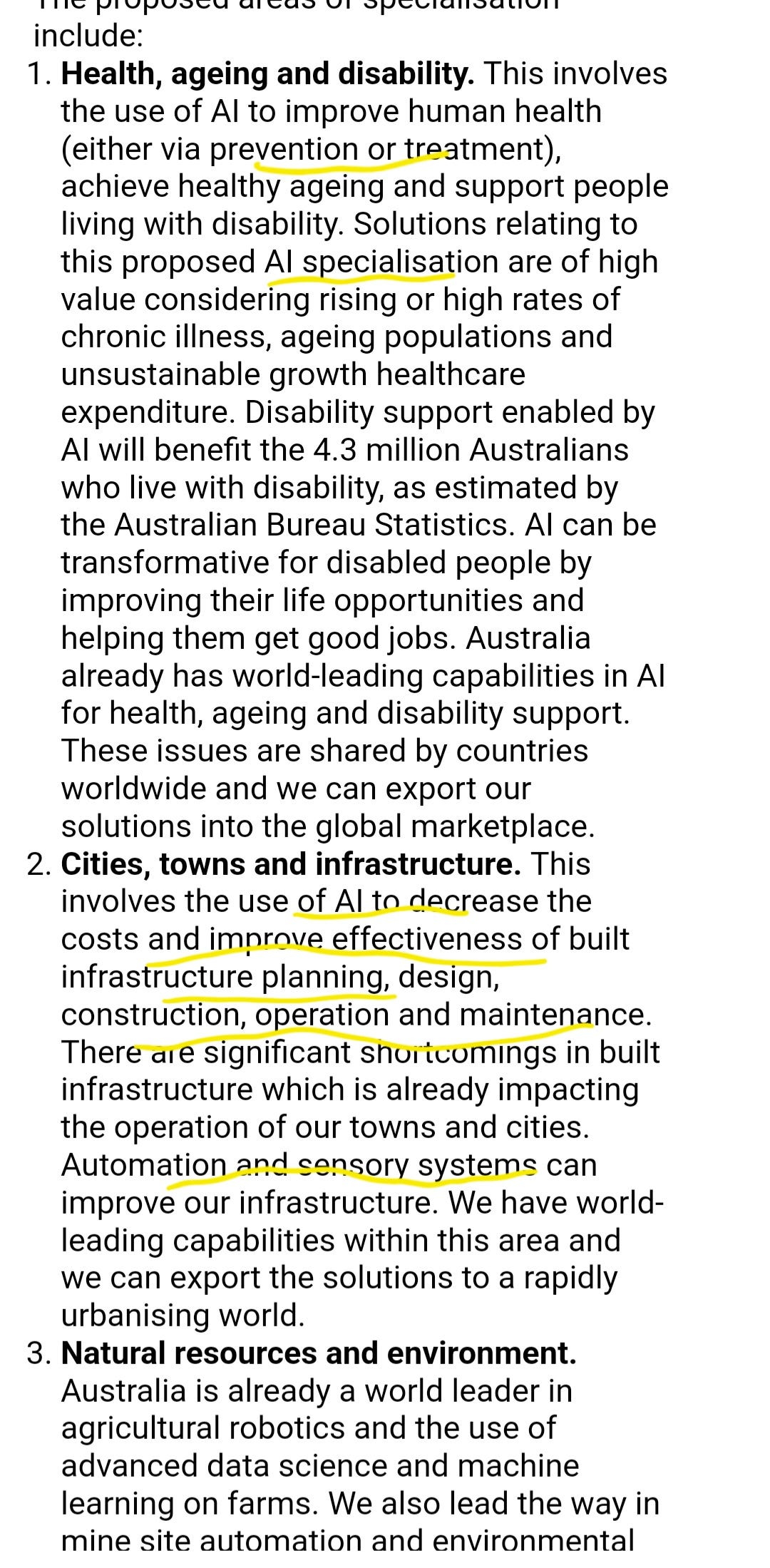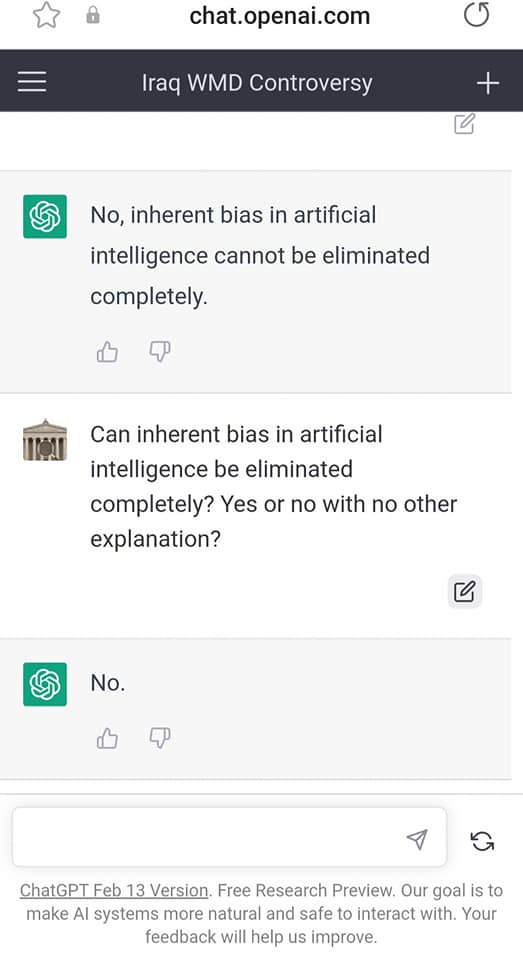Artificial Intelligence Transformation
Artificial intelligence, or programmed intelligence, is the ability of machines, robots, drones or other devices to make intelligent decisions based upon programs, data base, and incoming sensory data.
Artificial intelligence is nothing without its operational program, data, sensory data, and computer processing speed.
There is undeniable value in the ability of a machine to process rapidly an enormous amount of data, including sensory data whether from video cameras or external interactions via inputted questions.
Data and processing speed are vital to artificial intelligence. As I stated previously, data is the life blood of artificial intelligence, and processing speed is its brains.
A key outcome of artificial intelligence is autonomous activity whether a vehicle, drill, or teacher, which means job displacement.
All artificial intelligence is subject to inherent bias through its program and data. There is no absolute program or data. I established this reality with an AI bot, ChatGPT albeit it took awhile for the bot to acknowledge.
If humanity becomes dependent on artificial intelligence for information and making decisions, then it's ability to think may diminish. And humanity faces employment displacement by artificial intelligence. There are various studies that forecast 40 to 50% job loss, and perhaps even more.
In the West via a globalist technocratic agenda, there is a big push by globalist interests and organizations and governments to transform society through artificial intelligence, digitalization, data, and super/quantum computers.
Australia is seeking to be a leader in artificial intelligence, and makes big claims as to how profitable it is, and how it will add more jobs and make society more efficient. The Australian government is spending $3.6 billion by 2025 to expand AI systems, and seeks to create 161,000 AI specialist workers by 2030.
In terms of mental health, artificial intelligence can be used to track people's behaviour and diagnose the people. Keep in mind the inherent biases.
In terms of health and city, town infrastructure, it is all about sensors whether in the human body or throughout the city or town for the purpose of collecting and analysing data.
When it comes to skin cancer, it appears that artificial intelligence may be beneficial as an early detection capability. However, again people may become dependent on the AI rather than doing their own research and analysis. This dependency is dangerous as it eliminates the role of the person to decide.
Artificial intelligence is being created that does not require human guidance in its learning, and artificial intelligence is encoding other artificial intelligence. However, again fundamental biases are not canceled out; they are spread out.
The technocratic transformation raises a lot of questions and potential concerns. The heavy emphasis on data suggests that human privacy will be virtually eliminated in an digitalized technocratic society. In addition, the inherent bias of artificial intelligence raises concern in terms of its application, whereby individuals for their views may be targeted by government authorities.
Overall, the radical transformation is taking place top-down via public-private partnerships. The super majority of people have been given no opportunity to provide consent or approval, while they are kept largely in the dark.



